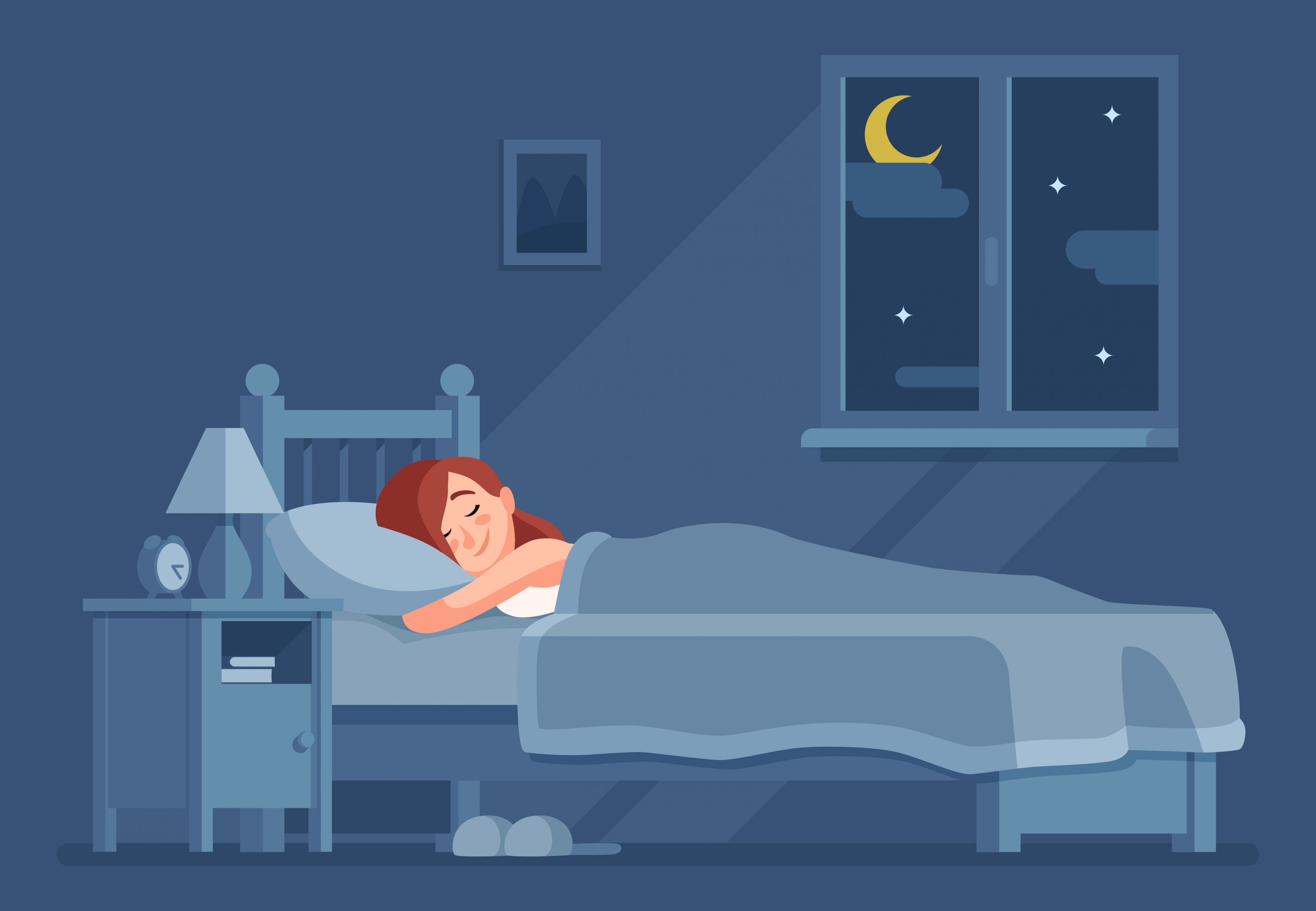What I claim is easy: eight hours of sleep every day, all weeks of the quarter, even if you have a job. Here are some steps you can take right now to earn the luxury of a full night’s rest.
Use Parkinson’s Law
Parkinson’s Law states that work expands to fill the time available for its completion. Consider how much time you spend on homework—is all of it necessary? You might be spending longer than your work actually requires. The opposite also holds true: Horstman’s corollary says that work contracts to fit in the time allotment you give it. You can experiment with this corollary on assignments you repeat, like discussion posts. Can you write one of the same quality in half the usual time?
Schedule Your Day
Once you are aware of Parkinson’s Law and Horstman’s corollary, schedule your day accordingly. For which assignments can you contract the work? To help shorten it and enforce your schedule, you can set timers on your phone for each assignment; the active ticking of a timer adds pressure that can boost your productivity level. However, your schedule should contain not only times of work but also times of rest—Parkinson’s Law applies to leisure activities, too.
Focus on Study Intensity, not Study Time
Students often feel accomplished after several hours of continuous studying, but this sense of accomplishment can be deceptive. If the student was distracted during the studying—checking social media, chatting with friends—then their actual productivity level would be much lower. Plan for your studying to be intense—alone in the library without your phone or other distractions. Once you realize how effective you can be, you can reduce your scheduled study hours. And you can sleep eight hours, even during midterms and finals week.
Switch Off Your Phone at Night
Choose a time at night to switch off your phone until the next morning. If you spend a lot of time on technology, you can lose sleep, especially at night when you’ve finished your scheduled activities. This sense of completion can cause you to spend hours on social media without even realizing it. It’s also a time-sinking activity void of any benefits. If you think you need your phone on for other purposes, turn off notifications from social media apps.
Many high-performance humans, like Roger Federer and Jeff Bezos, receive eight hours of sleep daily. If they can do so—while maintaining world-class standards—so can we.

